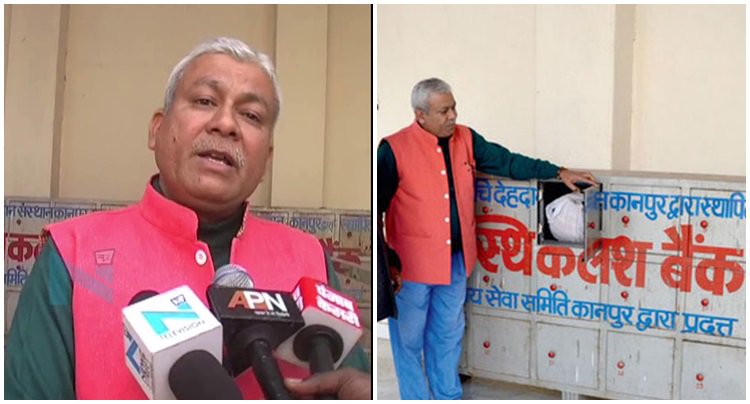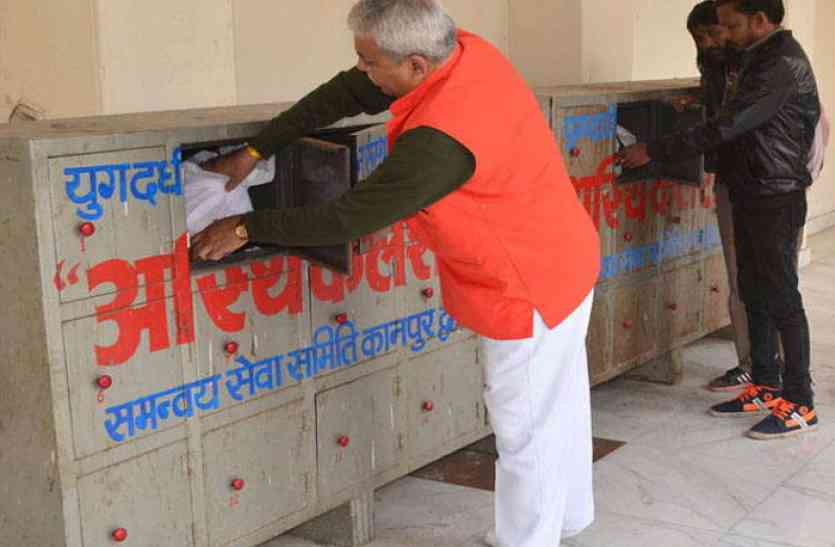Surprising “Ashes Bank” Helps Save India’s Ganges River from Pollution
The Ganges River is a spiritual center for Hinduism and as the population of India grows the ancient rituals are putting and immense stress on the environmental stability of the River and ecosystems surrounding it. The river is personified as the goddess Gaṅgā who is worshiped by Hindus who believe that bathing in the river causes the remission of sins and liberation from the cycle of life and death. One major pollutant of the Ganges derives from the ritual of spreading cremated remains (and sometimes dumping full corpses) into the waters. With over 8 million cremations annually, leading the world in total annual cremations, one can see how that may put stress on India’s delicate river ecosystem.
In 2014 Manoj Sengar and his wife Madhavi Sengar came up with a brilliant solution to maintain some of the Hindu end-of-life rituals while taking steps to reduce pollution in the Ganges River. They organized an ‘Asthi Kalash’ bank (ashes bank) where families can keep cremated remains for free for up to 30 days.

Manoj explains, “According to Hindu rituals, ashes or ‘Asthiyan’ are not taken home after cremation. The kalash containing ashes has to be left with a purohit at the ghat who charges exhorbitantly. After a few days, while performing rituals, the ashes are immersed in Ganga. But the ritual adds to the pollution in the river Ganga or other river in which the ashes are immersed. We therefore, had decided to set up a ‘Asthi Kalash’ bank and encourage people to bury ashes in ground.”
By keeping the ashes in the ‘Asthi Kalash’ bank, users can still abide by Hindu ritual by keeping the cremated remains out of their homes until the appropriate amount of time has passed. What is sacrificed is a part of the end-of-life ritual that can be both expensive and detrimental to the environment. After the time has passed and the ashes are retrieved from the bank, families are encouraged to bury the remains.
Manoj said that it was not easy building support for his radical environmental solution but a major milestone was receiving the blessing of local politicians and religious leaders.
…We got support from saints and seers including Swami Vinay Swaroop Brahamchari and former city mayor Jagatveer Singh Drona and finally the bank was accepted by masses.
The first of its kind bank sits on the property of an electric crematorium in Kanpur and has served 2,500 customers in the last 4 years. This is overwhelming success has lead to plans to set up similar banks in 10 more districts this year.




